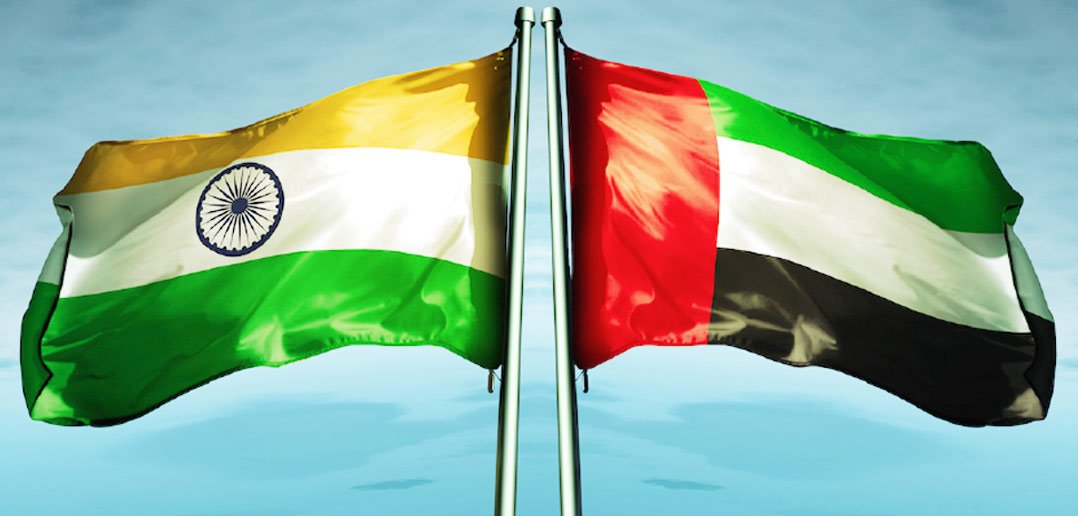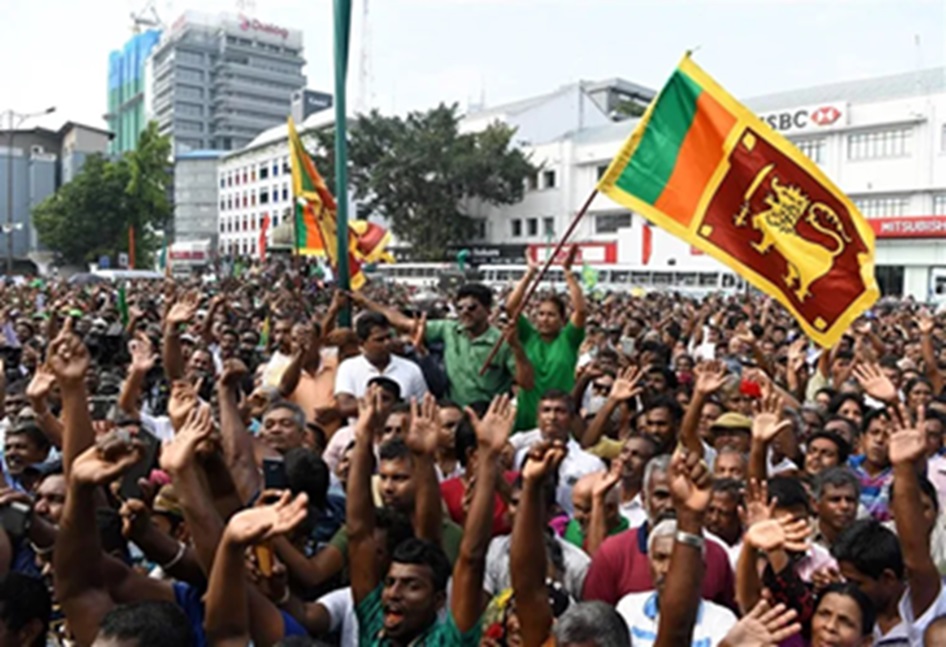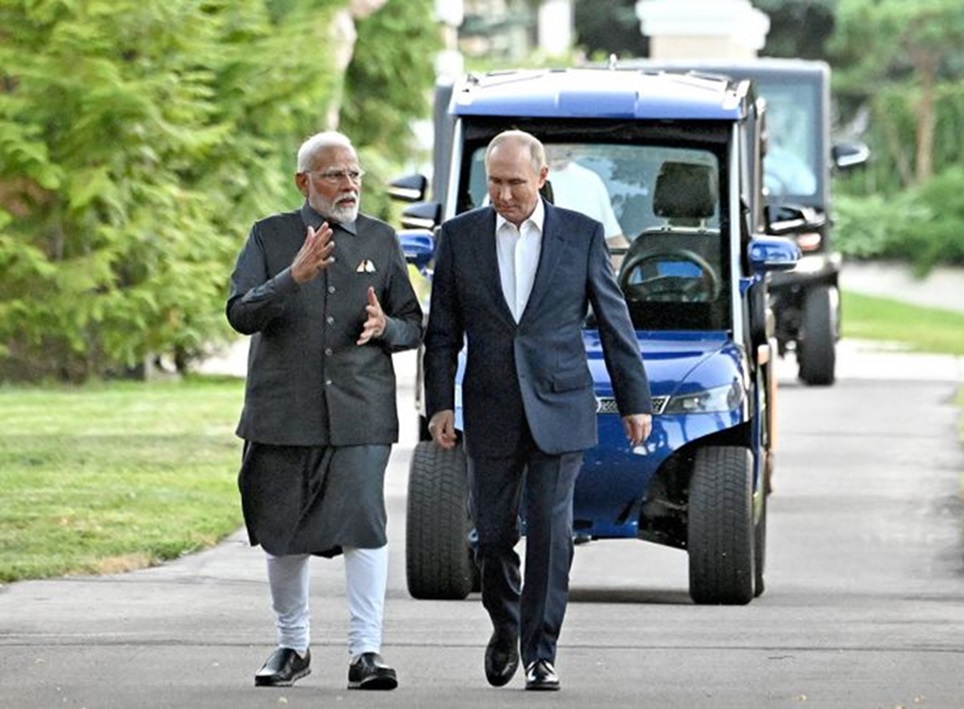India and the United Arab Emirates (UAE) has civilizational links which date back to 3000 B.C and enjoys close economic and people to people ties besides historic links. India and UAE both countries established full-fledged diplomatic relations in 1972. It won’t be wrong to say that both the countries have explored areas for deeper engagement into each other’s culture, economies, defence cooperation. UAE also host around 3.3. million Indian expatriate community which is one of the largest ethnic community constituting approximately 30% of the country’s population1. Though the relations between the countries have been mostly of cooperation the watershed year was 2016 when India and UAE elevated their normal bilateral relations to that of Comprehensive Strategic Partnership2.
India & UAE Legal System: Provisions & Cooperation
For an initial understanding, it is important to understand that UAE and India have a diverse legal system as the former country follow the Civil Law Traditions hugely inspired from the French Legal System whereas the latter country being predominantly a follower of Common Law Traditions following the British (English) Legal System. As a continuum to laying emphasis on mutual engagement in different domains of cooperation, India and UAE signed “Agreement on Juridical And Judicial Cooperation In Civil And Commercial Matters For The Service Of Summons, Judicial Documents, Commissions, Execution Of Judgements And Arbitral Awards” back on 25th October, 19993. This agreement laid down the foundation of cooperation between the two diverse legal systems of the two nations. The manifestation of which could be seen in Central Government of India through Ministry of Law and Justice declaring in Official Gazette of India on January 17, 2020, that “UAE shall be reciprocating territory under section 44A of Code of Civil Procedure, 1908”. The direct implication of this notification is that the decree from the courts of UAE which are specified in the Gazette Notification shall be deemed decree passed by the Indian Courts and directly enforceable without need for UAE based entities to file a fresh suit on the same legal matter which has been decided previously by the specified UAE Court.
It is also must to understand Section 13, 14 and 44A of Code of Civil Procedure Code, 1908 (CPC) pertaining to recognition and enforcement of foreign decrees in India, before appreciating this move by the Central Government of India. Section 44A of the CPC provides the main skeleton with regards to provision for enforcement of foreign decrees and their execution in India, it reads as:
“(1) when a certified copy of the decree of any reciprocating territory is filed in district court of India, it shall be executed as if that decree has been passed by that district court itself.
(2) Besides a certified copy of the decree, the superior court of the reciprocating shall also file a certificate stating the extent to which decree has been satisfied or adjusted, and such certificate shall be conclusive proof of the details mentioned therein.
Explanation (1): Reciprocating Territory means any country or territory out of India which Central Government shall notify in its Official Gazette and the “superior courts of the reciprocating territory shall refer to courts specified in the aforementioned official gazette and notification.
Explanation (2): Only those foreign decrees or judgments that are for payment of any sum of money other than taxes or fine or monetary penalty shall be considered to be enforceable in India.”
The significance of Section 44A was best summed up by Supreme Court in case of M.V. A.L. Qumar v. Tsavliris Salvage (International) Ltd4 where the Supreme Court held that “Section 44A is an independent provision enabling a set of litigants whose litigation has come to an end by way of a foreign decree and who is desirous of enforcement of the same. It is an authorization given to the foreign judgments and the section is replete with various conditions and as such independently of any other common law rights and is an enabling provision for a foreign decree-holder to execute a foreign decree in this country.”
Section 14 of CPC lays down the provision that “the courts in India shall presume upon the production of any document purporting to be a certified copy of a foreign judgment that such judgment was pronounced by a Court of competent jurisdiction unless the contrary appears on the record….”. Section 13 of CPC lays down the conditions in which the courts of India would not consider foreign judgment as conclusive, on basis of the following grounds:
- not delivered by a court of competent jurisdiction;
- not based on the merits of the case;
- based on an incorrect view of international law or refusal to recognize the law of India in which such law is applicable.
- proceedings were opposed to natural justice;
- obtained by fraud;
- or founded on basis of breach of any law
At this juncture, it is also important to know the judgments and decrees of which courts of UAE shall be directly enforceable in India. According to the gazette notification, following courts5 are specified:
- Federal Courts
- Federal Supreme Court;
- Federal, First Instance and Appeals Courts in the Emirates of Abu Dhabi, Sharjah, Ajman, Umm Al Quwain and Fujairah;
- Local Courts
- Abu Dhabi Judicial Department;
- Dubai Courts;
- Ras Al Khaimah Judicial Department;
- Courts of Abu Dhabi Global Markets;
- Courts of Dubai International Financial Center.
In tandem with this development, was the conclusive judgment of Supreme Court in case of Bank of Baroda v. Kotak Mahindra Bank Limited6 in which Supreme Court has set aside controversy looming for years with regards to the limitation period for execution of the foreign decree in India under Section 44A, due to contrasting decisions by various High Courts of India. The Supreme Court in the instant case held that “limitation period shall start operating from the date of delivery of the decree in the foreign country (cause country) and period of limitation prescribed in the forum country (i.e. India) shall not apply. Further, if the decree-holder takes steps to satisfy the decree in foreign country and decree is not fully satisfied then he is permitted to file a petition for execution in India i.e. three (3) years from the conclusion of execution proceedings in the foreign country, under Section 137 of the Indian Limitation Act”.
The official gazette notification by Central Government of India conferring the title of “reciprocating territory” to UAE judgments and decrees in 2020 was long pending since UAE conferred the same status for Indian Judgments and Decrees pursuant to UAE Federal Decree No. 33 of 2000. In fact, Article 85 of Cabinet Resolution No. (57) of 2018 of UAE lays down that “judgments and orders issued in a foreign state may be ordered to be enforced in the State under the same conditions prescribed in the Law of that foreign state for the enforcement of judgments and orders issued in the State”, hence, Indian judgments were enforceable in UAE long before India decided.
Conclusion
The move comes at an opportune time when Mubadala, the UAE sovereign wealth fund, invested $ 1.2 billion in Jio Platforms for approximately 1.9% of the business in order to diversify its investment portfolio in Asia with India being the hotspot for its investment. To be precise, UAE is the tenth biggest investor in India for foreign direct investments, with investments of approximately $5.33 billion7. If UAE business-scape is closely observed it can be seen that many leading Indian companies such as HCL, Wipro, ESSAR, etc. and financial institutions such as HDFC, Bank of India, State Bank of India, inter-alia have a presence in UAE. Therefore, it would be safe to presume that such mutual recognition of judgments of both countries shall be built investor confidence with regards to legal recourse for entities (natural and juridical) based in either country. And also, be a framework to bring into book the offenders who seek safe haven in either country to avoid effecting of judgment against them in civil matters. This notification by Central Government can be said to be a step forward for strong bilateral cooperation and which Mr Navdeep Singh Suri, Ambassador of India to UAE regard as “we are entering the golden era of India-UAE friendship”.
Title Picture Courtesy: https://eurasiantimes.com/
Disclaimer: The views and opinions expressed by the author do not necessarily reflect the views of the Government of India and Defence Research and Studies.
References:
- https://mea.gov.in/Portal/ForeignRelation/Bilateral_Brief_feb_2020_.pdf
- Ibid
- http://legalaffairs.gov.in/agreement-between-republic-india-and-uae-0
- AIR 2000 SC 2826
- http://egazette.nic.in/WriteReadData/2020/215535.pdf
- SLP(Civil) No. 8123 of 2015
- https://www.ibef.org/download/Success%20of%20International%20Corporate%20Entities%20-%20Middle%20East.pdf






